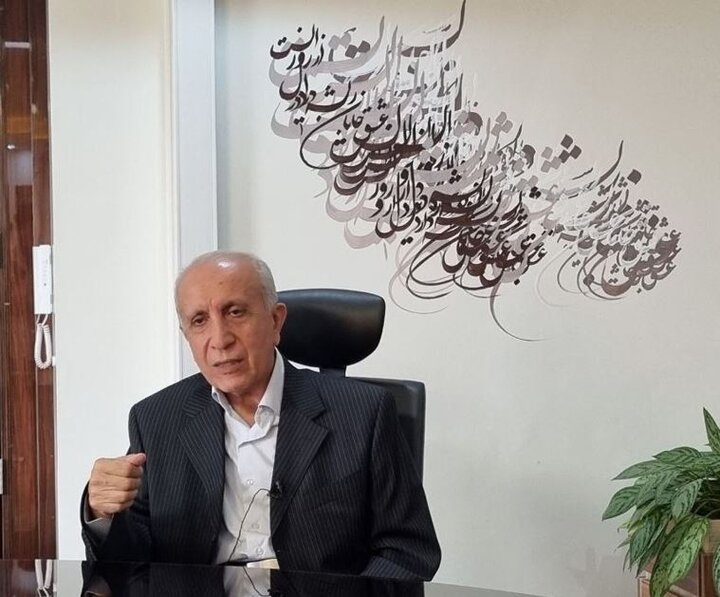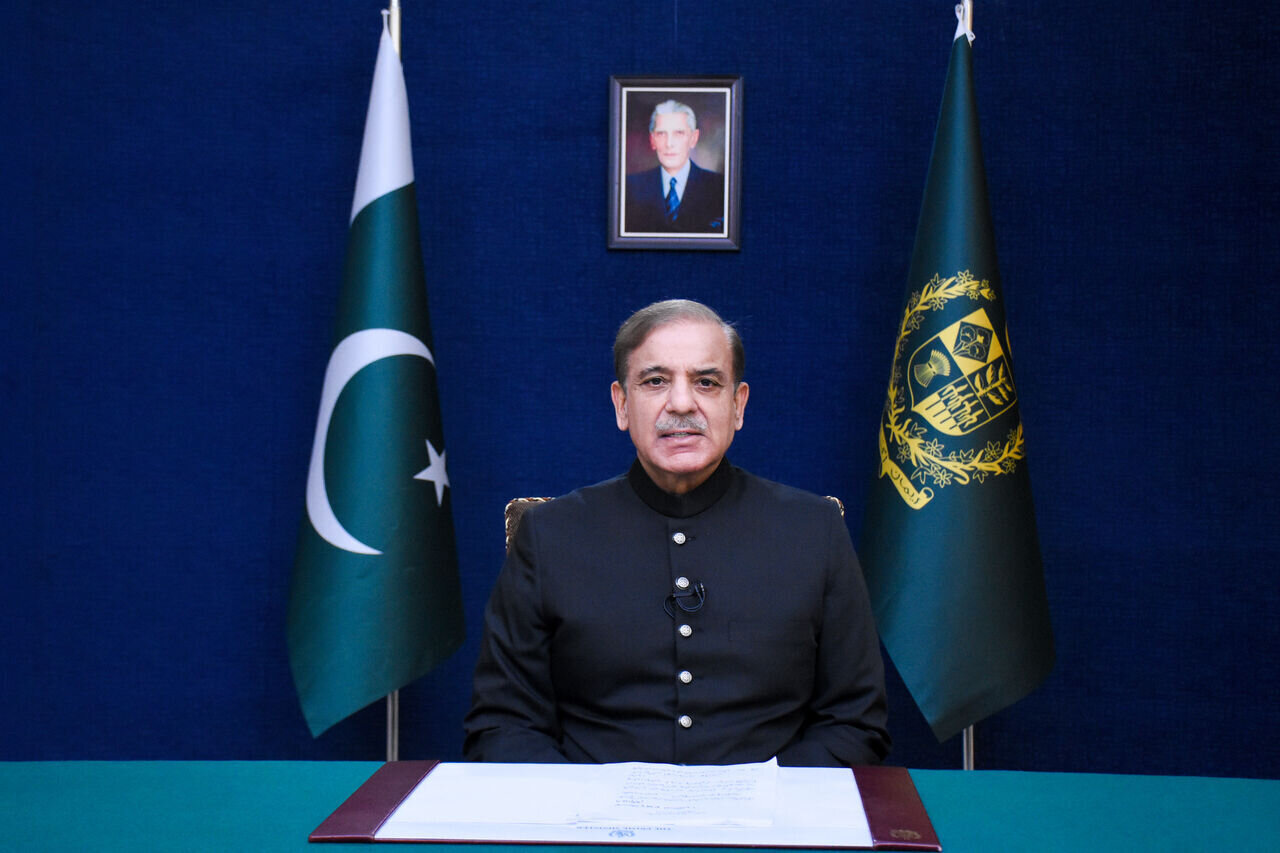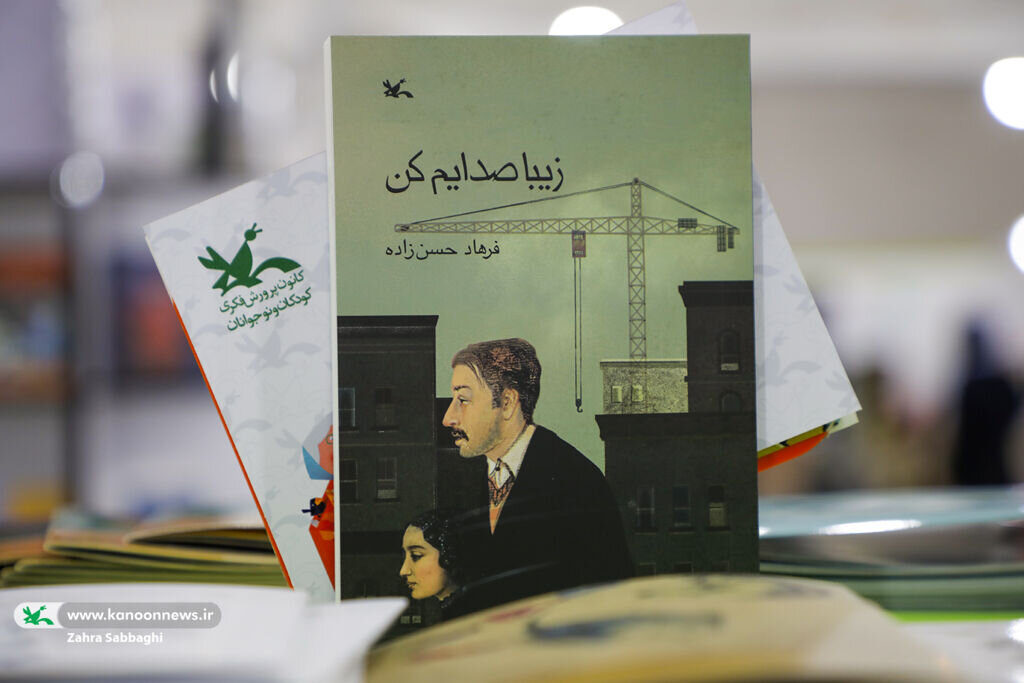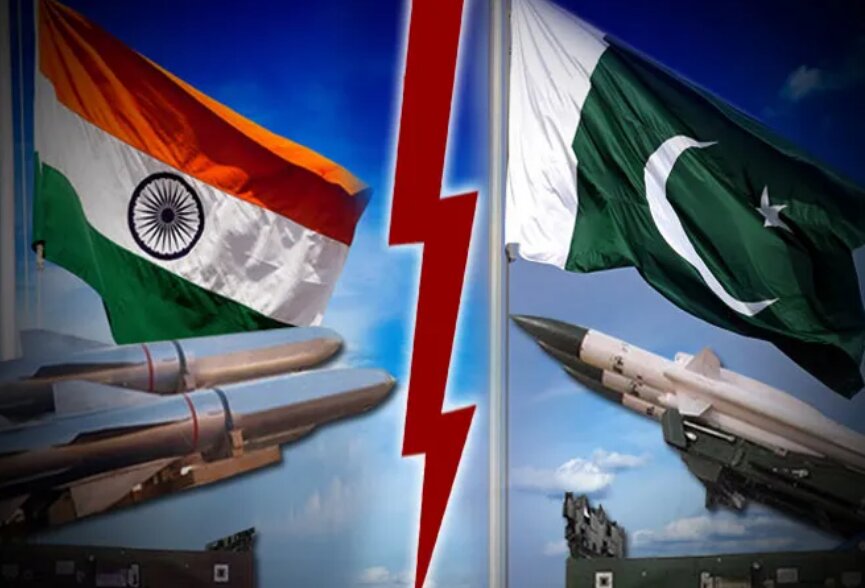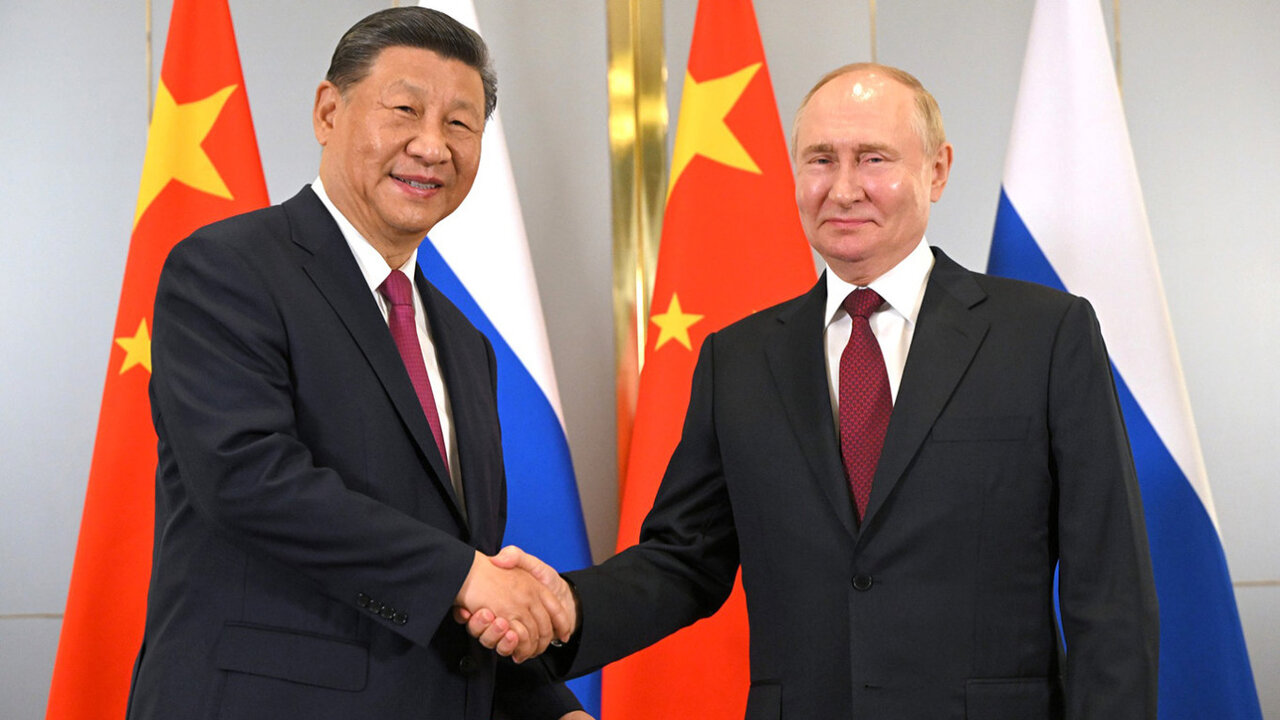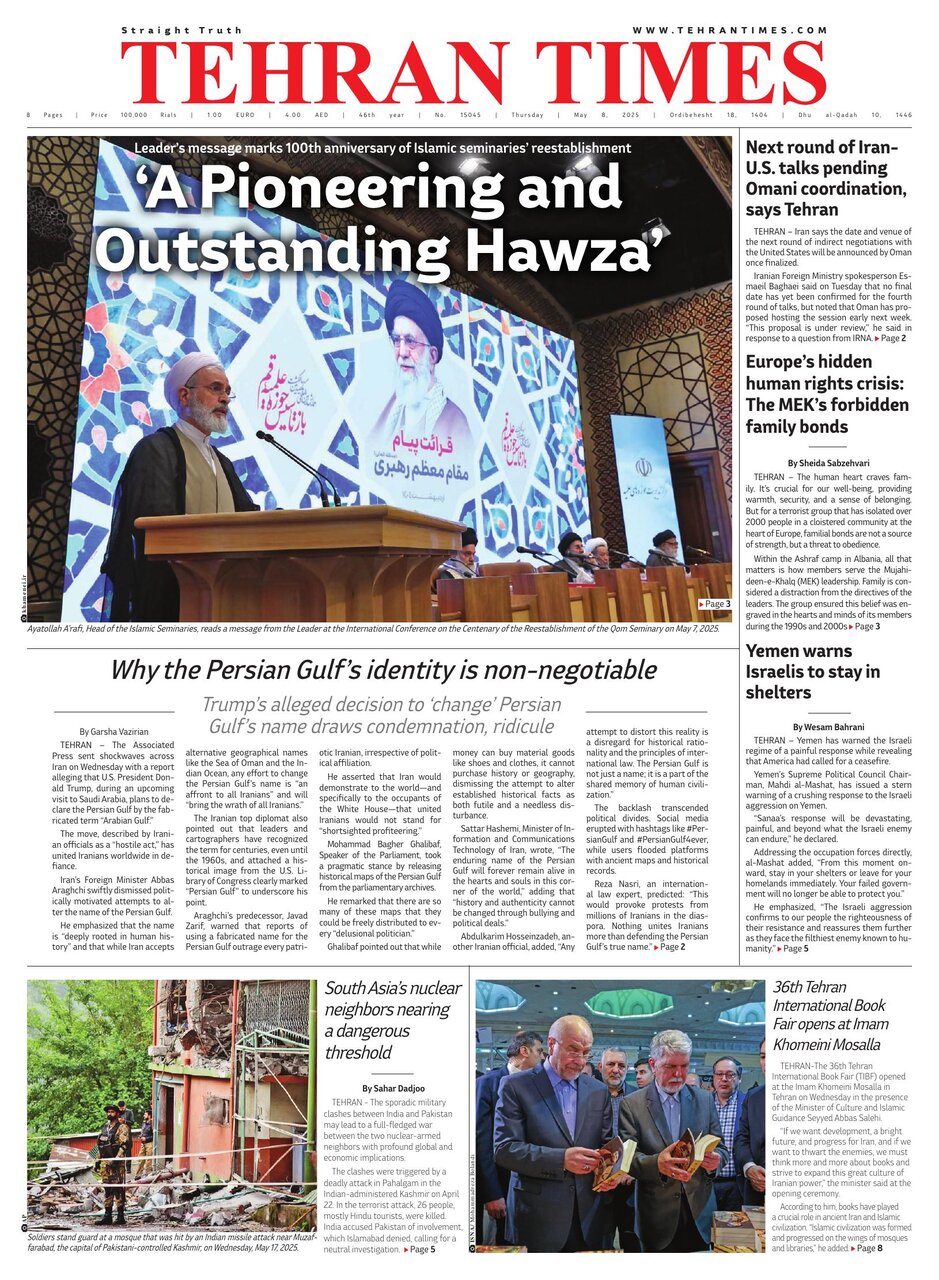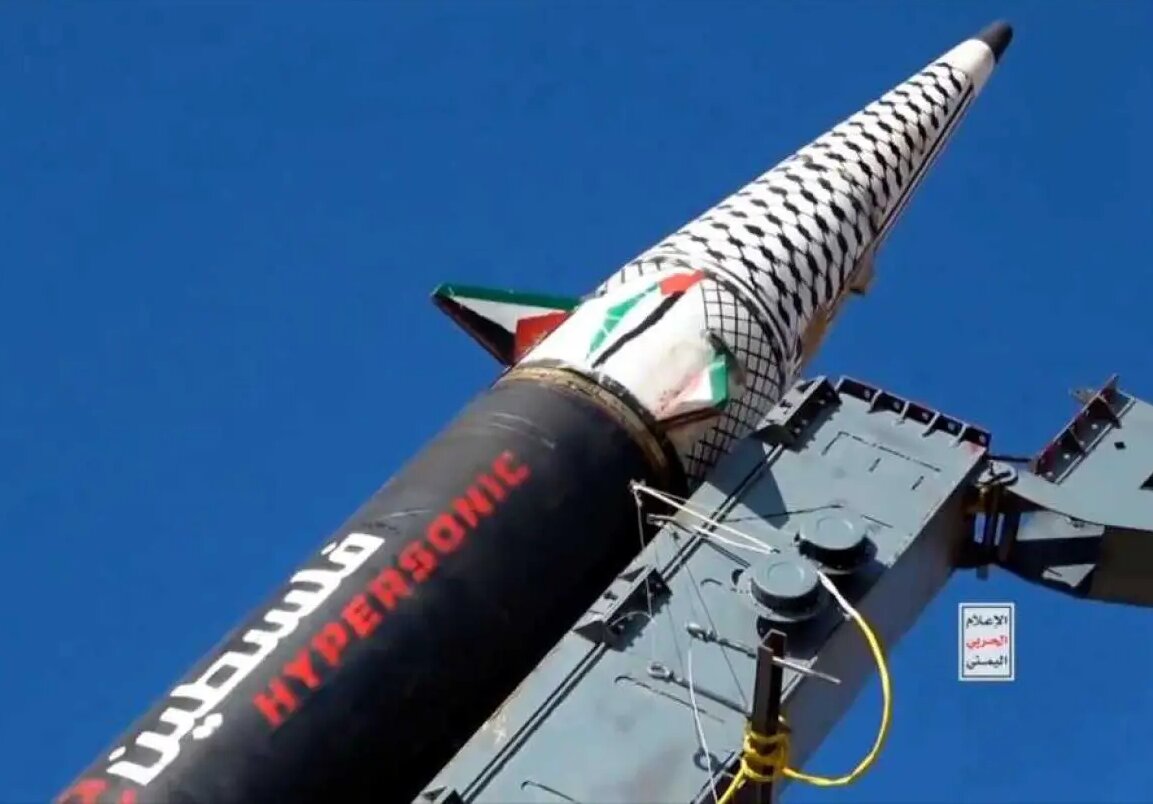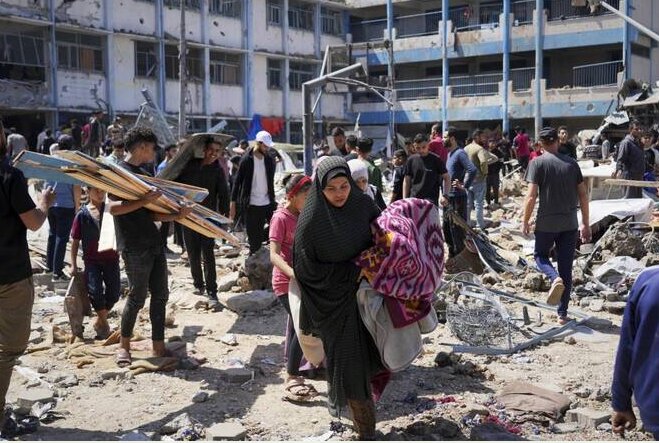
TEHRAN - The sporadic military clashes between India and Pakistan may lead to a full-fledged war between the two nuclear-armed neighbors with profound global and economic implications.The clashes were triggered by a deadly attack in Pahalgam in the Indian-administered Kashmir on April 22.
In the terrorist attack, 26 people, mostly Hindu tourists, were killed.
India accused Pakistan of involvement, which Islamabad denied, calling for a neutral investigation.The flare-up, which endangers regional security, has caused international concern.In the early hours of Wednesday, India launched "Operation Sindoor", a series of targeted missile strikes on what it described as "terrorist infrastructure" in Pakistans Punjab province and Pakistani-administered Kashmir.
The strikes led to 26 deaths in Pakistan.
India emphasized that the strikes were "focused, measured, and non-escalatory," deliberately avoiding Pakistani military installations to restrain escalation.Pakistan claimed to have shot down five Indian Air Force jets during the exchanges and reported civilian casualties, including women and children, condemning the strikes as "an act of war."Both sides have engaged in cross-border shelling since the initial strikes, with residents seeking shelter amid explosions.
Srinagar airport in Indian-administered Kashmir has been closed to civilian flights, and commercial airlines are avoiding Pakistani airspace, reflecting heightened regional alertness.Global diplomatic reactionsInternational response to the incident has been immediate.
The UN Security Council met urgently to call for maximum restraint from both sides.
The United States and China, which have their own special connections to India and Pakistan, are calling for urgent dialogue.
Russia has offered to mediate in light of its historic defense ties to India.
The European Union has stated that it is worried about the humanitarian consequences.Iran has also called for de-escalation and expressed worry about the consequences of conflict in a region where tensions are already high.
Iran has even sent its foreign minister to Pakistan and India to de-escalate the situation.However, Israel is fanning the flames by publicly supporting India, saying India has the right to defend itself.Even on top of this humanitarian concern, global security analysts warn that rising tensions, if they lead to a prolonged conflict between India and Pakistan, could reignite other problematic flashpoints i.e., Taiwan, the Korean Peninsula or the Eastern Mediterranean because they highlight how quickly regional flashpoints can escalate into an international disaster without any substantive response from the global community.Immediate economic disruptionsSignificant economic volatility has been brought on by the conflict, particularly for Pakistan.
The Karachi Stock Exchange fell 2,000 points in a matter of hours after India launched strikes, indicating investor panic.
India's markets were resilient at first, but a protracted conflict could undo recent gains.
Even minor military conflicts cost India and Pakistan about $1.8 billion and $1.2 billion, respectively, in capital flight and currency depreciation, according to historical precedents from the 20012002 standoff.Broader regional and global implicationsThe India-Pakistan clash threatens to destabilize South Asia, a region of over 1.8 billion people and critical global economic corridors.
The conflict risks disrupting international trade routes and energy supplies, potentially impacting global commodity prices, especially oil.Increased military tensions also increase the possibility of a disastrous misunderstanding between two nuclear-armed states.To avoid a wider conflict, international stakeholdersincluding the UN and major powersare urging de-escalation and communication.
Due to supply chain disruptions, refugee flows, and investor uncertainty, the conflict's economic effects may extend beyond the region and impact international markets.Operation Sindoor is a stark reminder of how fast conflict can escalate between two historic rivals.The conflict disrupts civilian life, threatens regional peace, and imposes heavy fiscal burdens on both nations, particularly Pakistan.
Global calls for restraint underscore the urgent need for diplomatic engagement to prevent further deterioration and to safeguard economic and security interests in South Asia..
This article first appeared/also appeared in Tehran Times

 20
20








